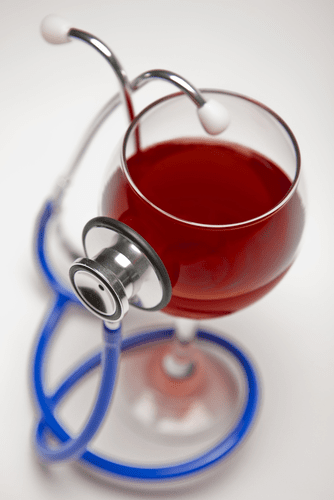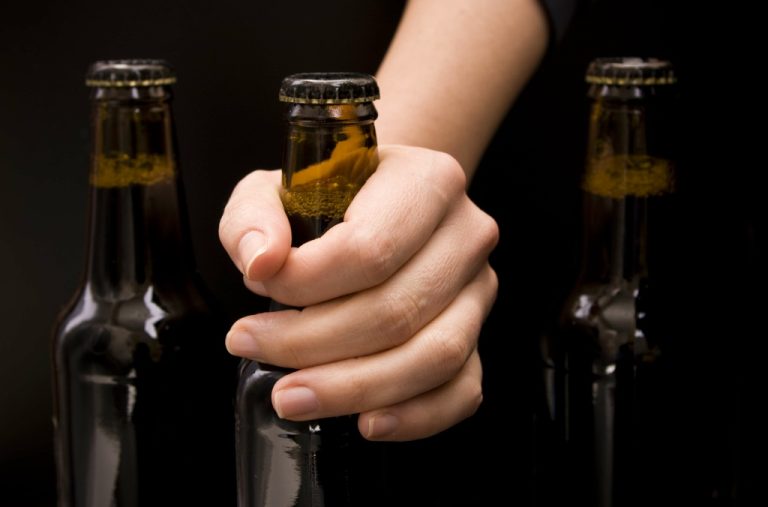In general, you don’t need to worry too much about blood tests if you use cannabis. They are a rarity, and as long as you have enough warning to “prepare” for the screening, you should be okay. In order to determine how long weed stays in the blood, we need to look at the THC element and its metabolites. Other research found that THC stayed in the system of infrequent users for hours.
After using cannabis, our liver metabolizes THC into THC-COOH which is then stored in urine. THC can be present in urine for anywhere between a couple days to 30 days, and it depends on a variety of factors. Therefore, drinking lots of water, brushing your teeth, using mouthwash, and eating fatty foods—THC bonds to fat—can help you get rid of THC in your mouth faster. This THC doesn’t make it into your bloodstream in any significant quantity. It just stays in your saliva until you swallow enough of it to purge your mouth of the signs of your scandalous cannabis habit.
Take Our Marijuana Addiction Self-Assessment
Be sure to tell them that marijuana withdrawal is playing a role in how you are feeling. If you say you are depressed or anxious without mentioning you’re going through weed withdrawal, you may be prescribed medication that can present its own set of dependence issues. It is also very important to be properly assessed by a mental health professional if you experience extended paranoia—especially if you have hallucinations or delusions. Ideally, this professional should have expertise in substance issues, such as an American Board of Addiction Medicine (ABAM)-certified physician or a psychiatrist. If you continue to feel anxious after a week of discontinuing use, seek professional help.
It takes time for THC to be stored in your hair follicles and build up. If you used weed today, the metabolites would only show up in your hair for seven to 10 days afterward. Because https://ecosoberhouse.com/ of that, they’re typically used when people are looking for recent use of cannabis. However, similar to urine tests, regular or heavy users will show traces of THC for up to 25 days.
What to Know About How Long Marijuana Stays in Your System
No matter your reason for wanting to know how long cannabis stays in the system, understanding how weed interacts in the body is essential. Like any compound ingested into the body, metabolism plays a crucial role in how quickly THC (and other cannabis compounds) will be broken how long does weed stay in your system down and ultimately flushed out. Sian Ferguson is a freelance health and cannabis writer based in Cape Town, South Africa. She’s passionate about empowering readers to take care of their mental and physical health through science-based, empathetically delivered information.
- Keep in mind that everyone’s biochemistry is different, and thus outcomes will differ from person to person.
- In the calculations above, it was presumed that the detection of THC in urine is being conducted with a standard drug screening test with a 20 ng/ml cut-off rate.
- So technically speaking, ‘weed’ doesn’t stay in your urine, THC-COOH does.
- Yet, these alternatives, commonly referred to as “K2” or “spice,” are unpredictable, showing side effects ranging from nausea to seizures that have caused a spike in overdoses in recent months.
Exercising, although not right before a test, healthy eating and hydration can all help, but they won’t substantially change your THC levels. New and veteran users may be wondering when it’s okay to drive or take a drug test after ingesting the drug by smoking or eating. Much of the THC in marijuana is processed by your liver, so boosting your metabolism can help your liver clear THC from your system faster.
How Long Does Weed Stay In Your Urine
However, even this is not 100% foolproof because home drug detection kits have a higher upper limit of detection (usually 50 ng/mL) compared to some other medical testing kits. This means you may test negative, but a laboratory test may still show marijuana in your system. Cannabis leaves your urine at a slower rate than saliva, which is equal to the rate at which it leaves the blood, but faster than hair. THC pouring from fat cells, into the circulation, and ultimately into the urine makes cannabis identifiable in urine. This will be the case as long as the pee is concentrated enough for THCCOOH, the primary THC metabolite in urine, to be detected by tests. Saliva tests can detect THC for up to 24 hours after last consumption in infrequent cannabis users, and up to 30 hours in regular and chronic users.
Many of these weed withdrawal symptoms occur within 24 to 72 hours of stopping heavy use. Although, some users experience them a bit longer, feeling symptoms for one to two weeks. Physical weed withdrawal symptoms tend to be less intense, peak sooner, and fade more quickly than psychological symptoms.
How to speed up the THC detox process?
THC may be detected in blood or saliva as soon as 2-24 hours after last use. Urine and hair tests have a longer detection window, anywhere from 1–90 days after last use. To wrap it up, it’s best to play on the safe side and take 1–3 days as the detection window regardless.

Getting plenty of sleep can also help to avoid any decreases in metabolism. Similarly, following a healthy dietary plan may also help with this process of metabolizing THC. Additionally, consuming fiber can help to improve digestion and promote bowel movements, which can aid in the elimination of THC metabolites from the body. While drinking lots of water is unlikely to affect a drug test significantly, severe dehydration might. However, it may take 1–3 hours for effects to peak when cannabis is ingested. Some of these factors, such as body mass index (BMI) and metabolic rate, aren’t related to the drug itself, but to how your body processes it.
It turns out there’s no absolute answer to how long it takes for weed to leave your system. That’s because detection time depends on various factors, including the type of test, frequency of consumption, and last use of cannabis. Whether weed is detected depends on the THC dose, the person’s body fat, their sex, how hydrated they are, if they recently exercised and their metabolism rate. Tetrahydrocannabinol (THC) is the chemical in weed that gives users the high that has made it popular. How long tests can detect weed is dependent upon how long it takes for your THC to metabolize, says Medical News Today.
- As the body stores THC in fat cells, regular exercise may help to break fat cells down and release THC into the blood for further excretion.
- As I’ve said, there are several popular cannabis testing methods and passing them depends on the testing method and the frequency of cannabis use.
- Most testing practices look for the presence of THCCOOH which has a much longer half-life (the time it takes for 50% of the substance to be excreted) than delta-9 THC.
- As a result, diagnostic criteria for cannabis withdrawal are included in the Diagnostic and Statistical Manual of Mental Disorders (DSM-5).
- Daily smokers can expect tests to detect weed for at least 30 days.
- Like hair tests, these urine screens do not directly measure the amount of THC present, but rather the levels of the metabolite THC-COOH.

